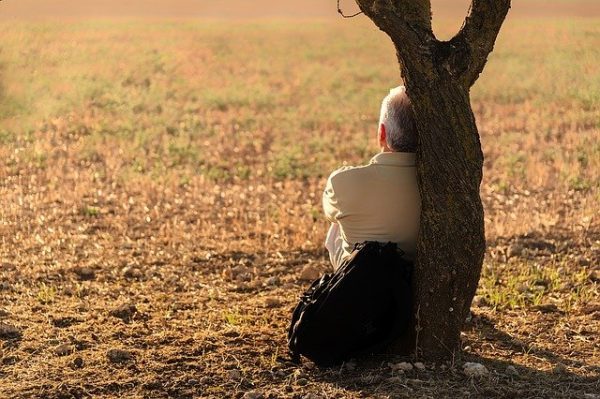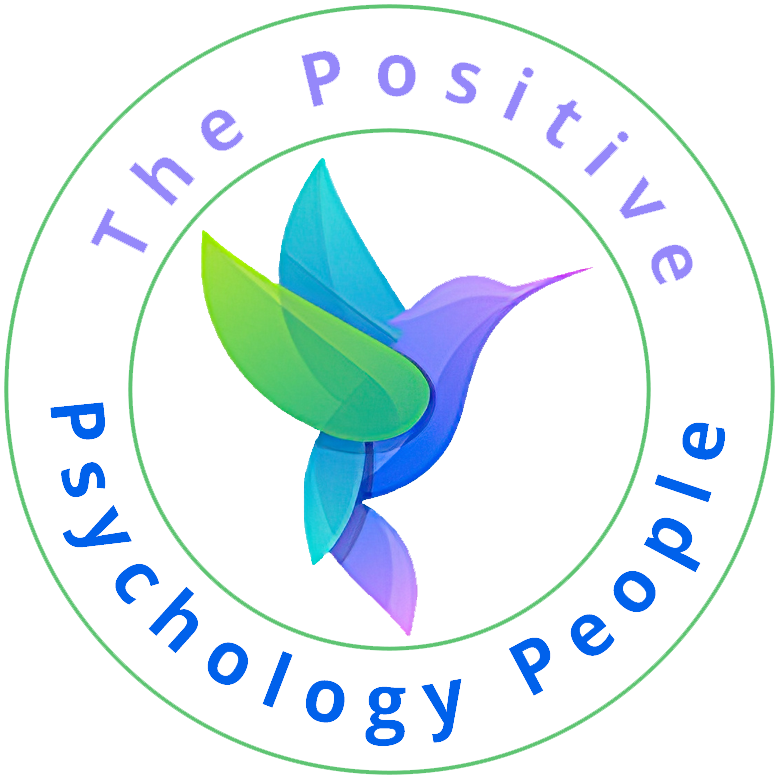
by Anna Hatchard | June, 2021 | Laughter
Laughing just for fun is good for you. Origins of laughter yoga In 1995 a medical doctor in India was looking for ways to improve complete health. Not just physical health. Not just mental health. Complete health, including physical, psychological, social and spiritual health. He believed that laughter was good for all aspects of health and started to explore how it might be used. Dr. Madan Kataria had read about the healing power of laughter. The moving story by Norman Cousins, in his book “Anatomy of an Illness” tells of his struggle with a potentially fatal disease that gave him considerable pain, interfering with his ability to get comfortable and rest. What he found was that, after laughing for several minutes, he could rest and sleep. He attributed his recovery to the use of laughter, his belief in designing his own treatment and a close supportive relationship with his physician. Laughing in the park Dr. Kataria and his wife and a few friends started going to the park in the early mornings and generating laughter by telling jokes. After only a few days the jokes became unfunny, verging on the offensive. There had to be another way of generating laughter. Dr. Kataria came up with the idea of using laughter exercises that did not use humour to generate laughter. He invented many exercises to get people laughing together. The yoga part of laughter yoga Dr. Kataria’s wife is a yoga teacher. Laughter exercises were combined with yogic breathing. Deep breathing exercise, pranayama is part of many yoga practices. Prolonging and extending the breath and slowing breathing down...

by Steve Emery | June, 2021 | COVID Life, Steve Emery
Whilst studying for my Positive Psychology degree I came across hope theory by C.R.Snyder. Hope theory basically consists of 3 components, a goal, a pathway, and agency. It is something I instantly recognised as I realised, I’d live by this theory for most of my life. I had goals for everything, business goals, financial goals, health and fitness goals, relationship goals etc. Every time I put my hand to something I would set up a goal. The idea is quite simple, I achieve these goals and I would be deliriously happy. However, it never quite turned out that way because I discovered hope theory has some major flaws. Sh*t happens In 2004 I was offered the chance to run my own business and it went really well. By year 4 I had ambitious plans to expand, everything felt right, I was building a team that had plenty of happy customers, and so I drew up a series of goals for the business and what I was going to do with the money I was going to make. What could possibly go wrong? I don’t think anyone saw the bank crash coming. Overnight my company went from big profit to big loss, we had to re-evaluate everything and the goals I had set up were quickly set aside. A few years later my marriage broke down and with it all my personal goals. Ten years later my life had turned around, my business and personal life was going well, I had a whole lot of new goals and defined pathways to reach them. This time there would be nothing to...

by Neil Wilkie | June, 2021 | Neil Wilkie, Relationships
In this video, I talk about how one small ripple can have a huge positive or negative impact on a relationship. If we can recognise when our relationship has changed and what the ripple was, then we can either replicate the positive or deal with the reason for the negative. This will help our relationship to be resilient and to flourish. Read more about Neil Wilkie and his other articles HERE ‘We Are The Positive Psychology...

by Bryony Shaw | May, 2021 | Bryony Shaw, Nature
Is gardening a flow activity or a mindful activity? This was a debate that I had with fellow Positive Psychologist Kim Furnish recently, and we did not agree. Gardening is an activity enjoyed by many, myself included and I often find myself in flow when gardening. I lose sense of time, I might go out to do some pruning that I think will take half an hour and I come back inside two or three hours later having achieved much more than I originally intended or achieved something completely different to what I originally intended. Whereas Kim says that when she is gardening she is very present and finds it a mindful activity. This left me wondering whether it is possible for gardening to both a flow state and a mindful state and if so, can these two states exist simultaneously or are they mutually exclusive? Flow involves being completely immersed in an activity and nothing else seems to matter so that you lose self-awareness. Whereas mindfulness involves maintaining self-awareness, it requires being fully present and aware of thoughts, feelings, surroundings and body sensations. Also, a flow state occurs when the task you are doing provides a certain level of challenge and you have the skills needed to match the challenge. I find gardening offers a level of challenge that keeps me absorbed. When I am gardening or even just out in the garden my mind is curious and engaged. I walk around and look at the plants and reflect on the progress they are making. I’m looking out for new shoots, assessing the pruning that needs to be...

by Monique Zahavi | May, 2021 | COVID Life, Monique Zahavi
I have taken part in and read many conversations recently about improving our own wellbeing, particularly as many of us have seen some light at the end of the COVID-19 tunnel and are considering the best ways to live our lives with our returning freedoms. Common threads include an ability to accept life’s challenges, stay grounded and grateful for the good that we already have, and be willing to be open to challenges as opportunities for personal growth. Even before the pandemic, I don’t know anyone who has come through life without facing their own personal challenges and crises and sometimes, it is useful to start with taking a step back and observing our own situation in a more detached way. Mindfulness researcher Jon Kabat-Zinn (2012) reminds us that the events we have experienced until now have already happened to us; we can’t change them, but we can change the way we react to and overcome stressful situations. The ways we find to manage life will be unique to each of us; what works for some may not work for others but here are a few ideas about remaining grounded and resilient, no matter what is going on around us. Mindfully observing the ‘movie’ of our own lives Practising mindfulness can help us switch off panic and anxiety and begin to think differently. Stopping to watch how our own life movie is unfolding, without judging it or trying to fix what we don’t like, can help us to detach from being ‘in’ our experience. Mindful pauses can help us break stressful patterns of thought and find clarity and...






